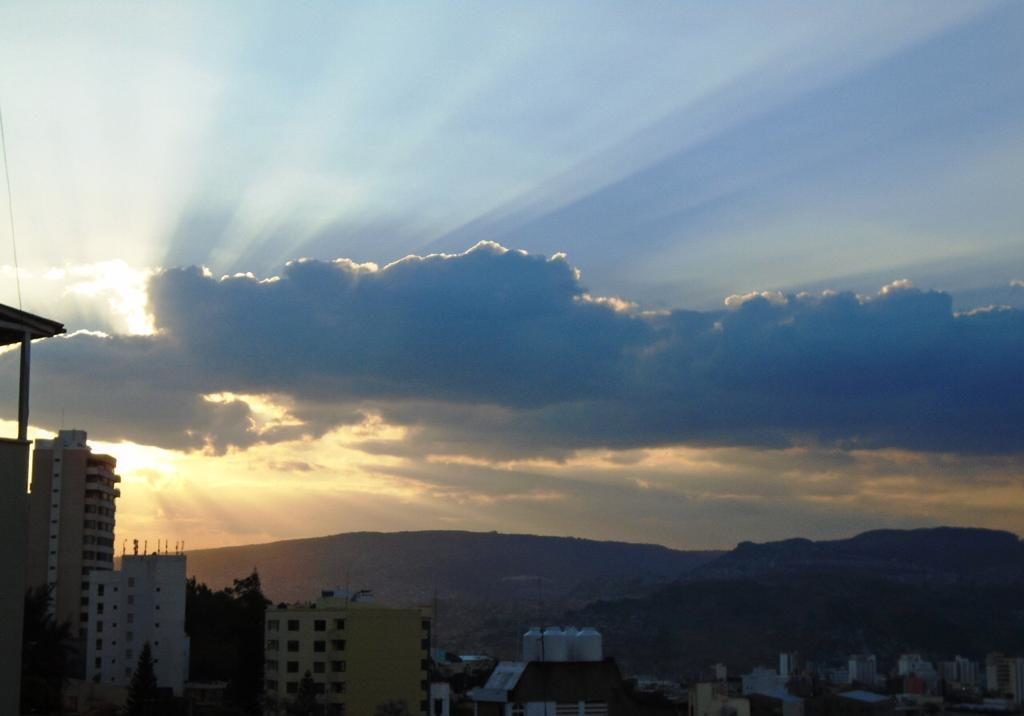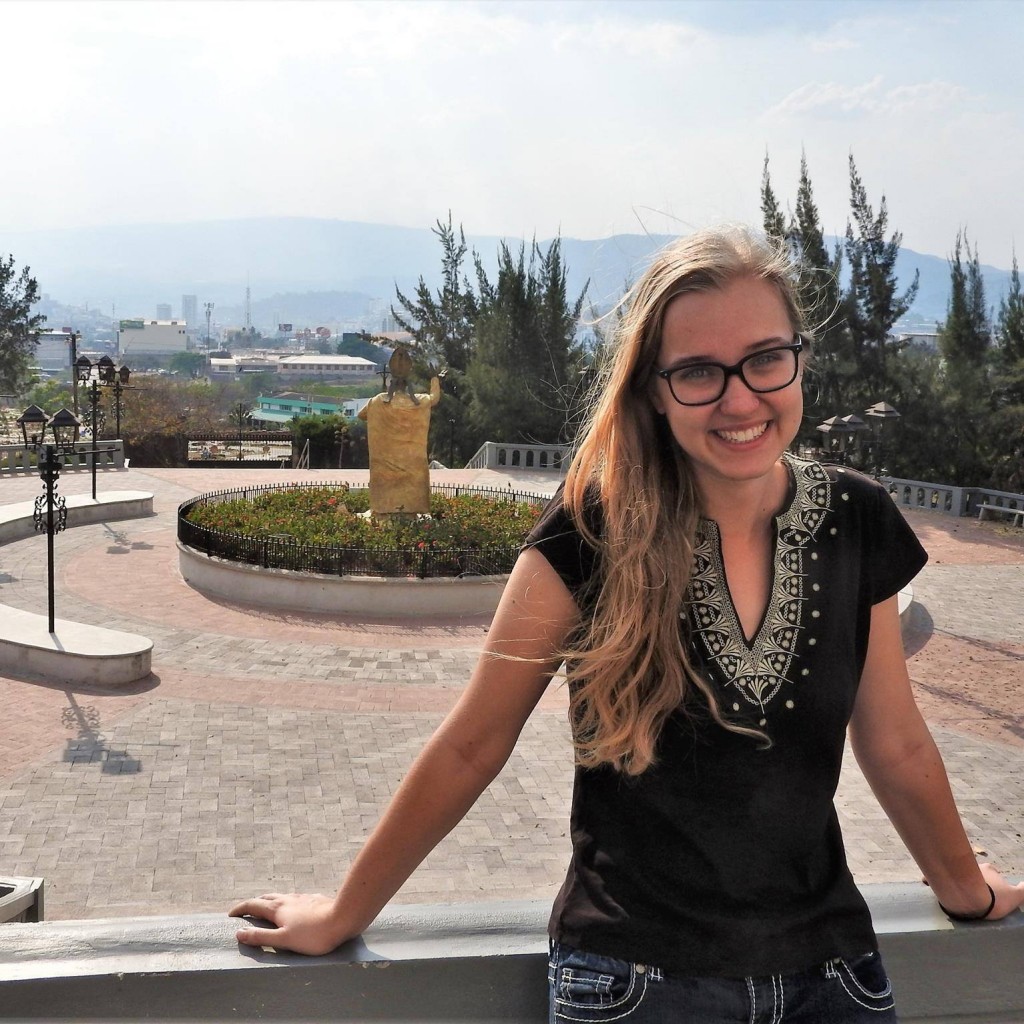Rethink, don’t return to normal
“When things go back to normal,” we say on phone calls, and wistfully imagine a return to church pews, book clubs, and outdoor concerts, dinner parties, holiday travel and bear hugs for our friends and families.
“When things go back to normal,” we write in emails, and imagine a time when we can give work our full attention, children in school, pets at home and plans that dare to stretch months into the future.

So many of us want things to return to normal. But in “these times,” prophetic voices are reminding us that pain and uncertainty are nothing new, and that many of the ways that we and our neighbors are suffering illustrate deep and longstanding fault lines that have been disproportionately affecting the most vulnerable long before our current crisis.
Normal looks like hunger in the richest country in the world. Normal is Pentagon spending that dwarfs investment in peace. Normal is mass incarceration, gender inequality, systemic racism and a changing climate.
We can’t afford to return to normal – nor should we want to. “The pandemic is a portal,” Arundhati Roy wrote, inviting us to “walk through lightly, with little luggage, ready to imagine another world.”
How might we rethink normal and imagine this different world? Let me suggest a few radical changes:
- Rethink war: “The coronavirus pandemic has made it crystal clear that federal spending is dangerously misaligned with our national priorities and actual threats to human security,” reads a letter that MCC U.S. Washington Office signed alongside more than 50 other organizations. What if the United States invested its resources not in weapons, but in health, education and peace for people in the U.S and around the world?
- Rethink economic justice: MCC values peace, sustainable development and human flourishing, and believes that U.S. sanctions in practice frequently run counter to these goals by harming the world’s poorest. We invite you to join us in calling for a lifting of restrictive economic sanctions and welcome conversations about what a more just economic system looks like. What if the United States prioritized diplomacy over harmful coercive measures and sought economic policies that contributed to equitable development around the world?
- Rethink welcome: In the midst of a pandemic, Immigration and Customs Enforcement continues to deport people, spreading COVID-19 infections to countries that are not equipped to receive them. Meanwhile many immigrants, including undocumented workers, are deemed “essential” during this pandemic, such as doctors, nurses and farmworkers. What if the United States could see the true value in the millions of immigrants, documented and undocumented, within our borders? What if our churches and communities saw their value even beyond economic contributions – as fellow children of God?
- Rethink our connection to others and the Earth: The extent to which we as members of a global community have radically shifted our behavior to respond to the pandemic is nothing short of inspiring – it shows us that the radical actions needed to mitigate climate change are possible. What if, moving forward, we considered such bold actions for the good of our communities and our world?
There will be a day when we can return to the schedules and spaces that mark our lives. As this happens, let’s not return to normal. May we instead rethink normal – and invite others to forge ahead with us toward this vision.




